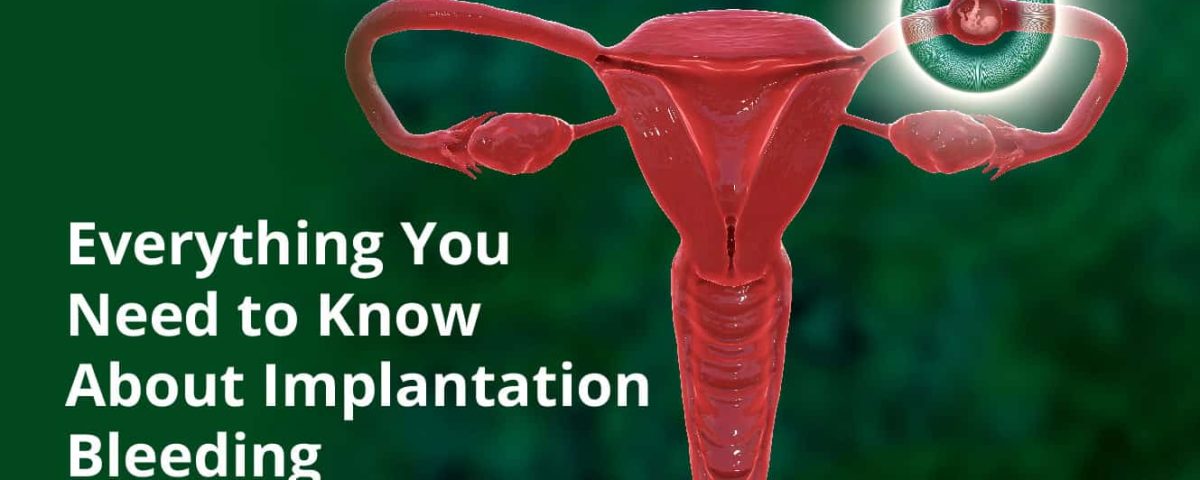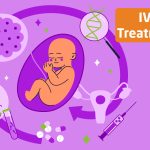
IVF in NYC: Your Ultimate Guide to Fertility Treatments in the Big Apple
April 15, 2025IVF Drugs: Everything You Need to Know About the Meds That Make Miracles Happen
Hey there! If you’re reading this, chances are you’re curious about IVF drugs—those little vials and injections that play a huge role in helping people start families. Maybe you’re starting your own IVF journey, or perhaps you’re just fascinated by the science behind it. Either way, you’re in the right place! This isn’t your average rundown of fertility meds. We’re diving deep into the world of IVF drugs—how they work, what they feel like, the latest research, and even some surprising secrets that don’t always make it into the spotlight. Think of this as your ultimate guide, written just for you, with a friendly vibe and tons of practical tips.
Let’s get started by unpacking what IVF drugs are all about, why they matter, and how they’re changing lives—one injection at a time.
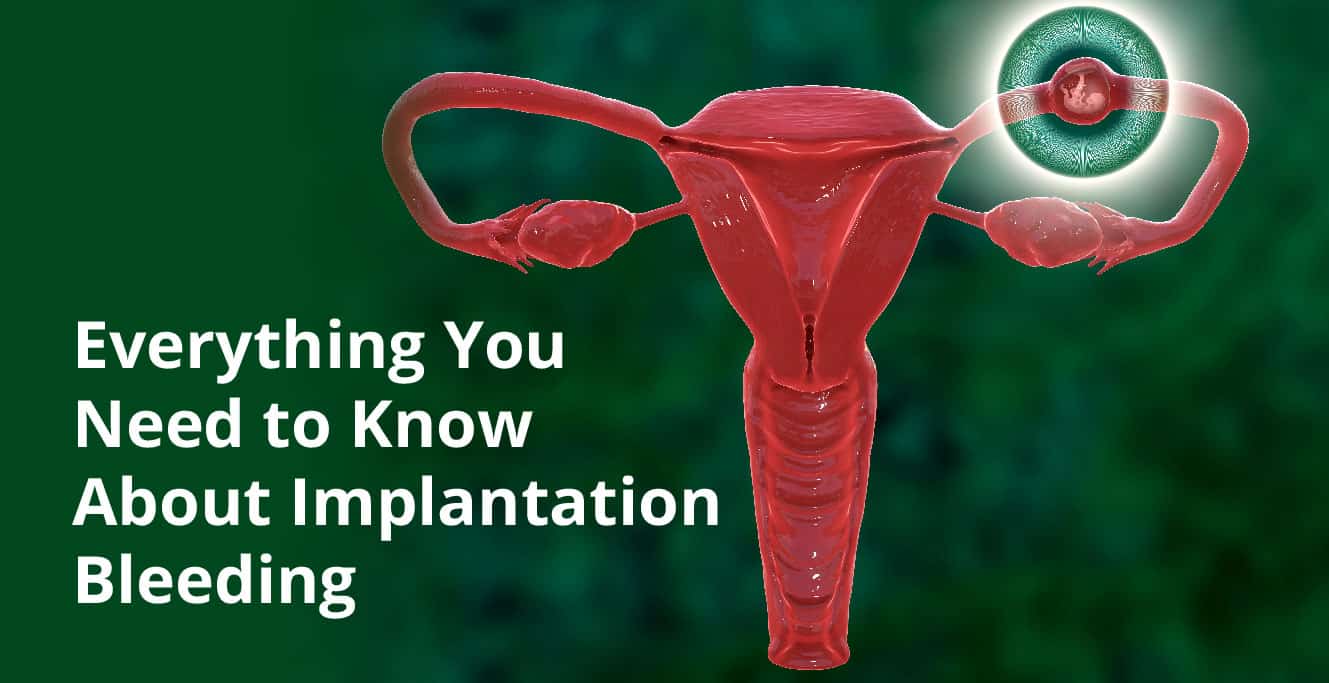
What Are IVF Drugs, Anyway?
IVF, or in vitro fertilization, is like a science-powered assist for getting pregnant. It’s when doctors take eggs and sperm, mix them in a lab, and then place the resulting embryo back into the uterus. Cool, right? But here’s the thing: none of that magic happens without IVF drugs. These medications are the behind-the-scenes heroes, prepping your body to produce eggs, keeping everything on track, and giving that embryo a cozy spot to grow.
So, what do these drugs do? In simple terms, they’re like a coach for your ovaries, telling them, “Hey, let’s get busy and make more eggs than usual!” Normally, your body releases just one egg a month. IVF drugs crank that up to 10, 15, or even more, depending on what your doctor thinks is best. They also help control the timing so the eggs are ready when the clinic needs them.
The Everyday Scoop Most People Don’t Talk About
Here’s a fun fact: these drugs don’t just affect your ovaries—they can turn your daily routine upside down! Imagine sneaking away during lunch to give yourself a shot in the bathroom stall or hiding syringes in your fridge next to the ketchup. It’s not glamorous, but it’s real life for people going through IVF. Some folks even get creative, turning injection time into a mini ritual with their favorite playlist or a pep talk in the mirror.
The Main Types of IVF Drugs You’ll Meet
IVF drugs aren’t a one-size-fits-all deal. There’s a whole lineup, each with its own job. Let’s break them down so you know what to expect.
1. Ovulation Boosters: The Egg-Making Machines
These drugs kick things off by telling your ovaries to produce multiple eggs. They’re usually the first step in an IVF cycle.
- Follicle-Stimulating Hormone (FSH): Think of FSH as the cheerleader for your follicles (the sacs where eggs grow). Drugs like Gonal-F or Follistim are packed with FSH to get those eggs growing strong.
- Human Menopausal Gonadotropin (hMG): This one’s a combo of FSH and luteinizing hormone (LH). Brands like Menopur give your ovaries an extra nudge to pump out eggs.
Real Talk: These shots can make you feel bloated or moody—like PMS on steroids. One woman I heard about said she felt like a “human piñata” with all those follicles growing!
2. Ovulation Blockers: Keeping Eggs on Hold
You don’t want those eggs popping out too soon, right? These meds keep them in check until the doctor’s ready to grab them.
- GnRH Agonists: Drugs like Lupron tell your brain to chill out and stop triggering ovulation early.
- GnRH Antagonists: Cetrotide and Ganirelix work faster to block that ovulation signal.
Fun Fact: Some people say these drugs make them feel foggy, like they’re walking through a mental haze. One patient nicknamed it her “Lupron brain” phase!
3. The Trigger Shot: Time to Release the Eggs
When your eggs are ripe and ready, the trigger shot says, “Go time!” This is usually:
- Human Chorionic Gonadotropin (hCG): Brands like Ovidrel or Pregnyl mimic the hormone that naturally triggers ovulation.
- Lupron (Again): In some cases, it doubles as a trigger shot.
Pro Tip: Timing is everything here. You might be injecting at 2 a.m. to sync with your egg retrieval—set that alarm!
4. Uterus Preppers: Setting the Stage for Pregnancy
After the eggs are retrieved and fertilized, these drugs help your uterus welcome the embryo.
- Progesterone: Comes as shots, pills, or suppositories (like Crinone or Endometrin) to thicken your uterine lining.
- Estrogen: Pills or patches (like Estrace) boost the lining even more.
Secret Struggle: Progesterone shots can leave your hips sore—some people joke they’ve got “battle scars” from IVF!
How Do IVF Drugs Actually Work in Your Body?
Let’s get a little science-y (but not too much, promise!). Your body’s natural cycle is like a quiet solo performance—one egg, one chance each month. IVF drugs turn it into a full-on orchestra, with lots of eggs playing at once. Here’s the play-by-play:
- Stimulation Phase: FSH and hMG rev up your ovaries. Normally, only one follicle gets the VIP treatment each month. With these drugs, many follicles step up, each growing an egg.
- Control Phase: GnRH drugs stop your body from ovulating too soon. It’s like hitting pause on your natural cycle.
- Trigger Phase: The hCG shot tells your follicles, “Release those eggs!”—usually 36 hours before retrieval.
- Support Phase: Progesterone and estrogen prep your uterus to be a perfect landing pad for the embryo.
What the Research Says
A 2023 study from the Journal of Assisted Reproduction and Genetics found that tweaking FSH doses based on a person’s age and hormone levels can boost egg quality by up to 20%. Pretty amazing, right? It shows how personalized these treatments are getting.
Side Effects: What’s Normal and What’s Not
IVF drugs are powerful, so it’s no surprise they come with some baggage. Here’s what you might feel—and when to call your doctor.
Common Side Effects
- Bloating: Your ovaries are working overtime, so you might feel puffy.
- Mood Swings: Hormones can turn you into an emotional rollercoaster—happy one minute, crying over a dog commercial the next.
- Tiredness: Growing all those eggs takes energy!
- Injection Site Soreness: Little bruises or redness are par for the course.
Rare but Serious Stuff
- Ovarian Hyperstimulation Syndrome (OHSS): This happens when your ovaries overreact, causing swelling and pain. A 2024 report from the Fertility and Sterility Journal says it affects about 1-5% of IVF patients. Signs? Severe bloating, nausea, or trouble breathing—call your doc ASAP.
- Allergic Reactions: Super rare, but watch for rash or swelling.
Practical Tip: Keep a symptom journal. Jot down how you feel each day—it’ll help you spot patterns and talk to your doctor with confidence.
The Emotional Side: What No One Tells You
Okay, let’s get real. IVF drugs don’t just mess with your body—they can mess with your head, too. Hormones are wild, and they can make you feel things you didn’t expect.
The Rollercoaster Ride
One minute, you’re hopeful and excited about your future family. The next, you’re stressed about the next shot or crying because you dropped your toast. It’s normal! A friend of mine going through IVF said she’d laugh at her own mood swings, calling it her “hormone soap opera.”
Hobbies That Help
People get creative to cope. Some knit baby blankets during their cycle (optimism alert!). Others binge-watch comfort shows—think Friends or The Great British Baking Show. What’s your go-to stress-buster? It might just become your IVF sidekick.
Expert Quote: “The emotional toll of IVF drugs can be as challenging as the physical side. Finding small joys—like a hobby—can make a big difference,” says Dr. Emily Carter, a fertility specialist with 15 years of experience.
How to Make IVF Drugs Work Better for You
Want to get the most out of your meds? Here are some insider tips to rock your IVF cycle.
✔️ Do These
- Stick to the Schedule: Timing is everything. Set phone reminders so you don’t miss a dose.
- Stay Hydrated: Water helps your body handle the drugs and keeps bloating in check.
- Eat Smart: Protein and healthy fats (like avocado or nuts) give your ovaries a boost.
- Ask Questions: Confused about a drug? Bug your nurse—they’re there to help!
❌ Avoid These
- Skipping Doses: Even one miss can throw off your cycle.
- Overdoing Caffeine: It might make you jittery on top of the hormones.
- Googling Too Much: Dr. Google can freak you out—trust your clinic instead.
Step-by-Step Injection Guide
Nervous about shots? Here’s how to nail it:
- Prep Your Space: Clean a spot, grab an ice pack, and lay out your supplies.
- Numb It: Ice the injection site for 30 seconds to dull the sting.
- Pinch and Poke: Pinch your skin, slide the needle in at a 90-degree angle, and push the plunger slow and steady.
- Reward Yourself: Pop a piece of chocolate or watch a funny video after—self-care matters!
The Latest Buzz: What’s New in IVF Drug Research
Science doesn’t stand still, and neither do IVF drugs. Here’s what’s hot off the press in 2025.
Personalized Dosing
Doctors are getting smarter about customizing doses. A 2024 study from Human Reproduction showed that using AI to adjust FSH based on your AMH (anti-Müllerian hormone) levels can up your egg count by 15% without extra side effects. It’s like tailoring a suit—perfect fit, better results.
New Kids on the Block
- Kisspeptin: This hormone’s being tested as a gentler trigger shot. Early trials suggest fewer OHSS risks.
- Oral Options: Researchers are working on pills to replace some injections. Imagine swapping needles for a daily tablet—game-changer!
Expert Quote: “Personalized medicine is the future of IVF. We’re moving away from one-size-fits-all to treatments that match your unique biology,” notes Dr. Sarah Lin, a reproductive endocrinologist.
Busting Myths About IVF Drugs
There’s a lot of chatter out there—some true, some not. Let’s clear the air.
Myth #1: IVF Drugs Cause Cancer
Nope! Studies, like one from the American Journal of Obstetrics and Gynecology in 2023, found no solid link between IVF drugs and cancer risk. The hormones mimic what your body already makes—just in bigger doses.
Myth #2: They’ll Make You Gain Tons of Weight
Not quite. You might feel bloated or gain a couple pounds from water retention, but it’s temporary. One patient I know said she felt “like a balloon” but was back to normal a few weeks post-cycle.
Myth #3: They’re All the Same
Wrong! Each drug has a specific job, and your doc picks them based on your needs. It’s like a recipe—different ingredients for different folks.
The Cost Factor: What’s the Damage?
IVF drugs aren’t cheap, and the price tag can shock you. Let’s break it down.
Average Costs in 2025
| Drug Type | Cost Per Cycle (USD) |
|---|---|
| FSH (Gonal-F, etc.) | $1,000 – $3,000 |
| hMG (Menopur) | $800 – $2,000 |
| GnRH Antagonists | $500 – $1,200 |
| Trigger Shot (hCG) | $100 – $300 |
| Progesterone | $200 – $600 |
Total Ballpark: $2,000 – $7,000 per cycle, depending on your dose and insurance.
Money-Saving Hacks
- Shop Around: Pharmacies like Alto or Freedom Fertility can offer discounts.
- Insurance Check: Some plans cover part of the cost—call and ask!
- Donation Programs: Clinics sometimes have leftover meds from patients—worth a shot to inquire.
Real Stories: What It’s Like on IVF Drugs
Numbers and science are great, but stories hit home. Here’s what real people say.
Jenna’s Journey
Jenna, a 32-year-old teacher, said her first cycle felt like “training for a marathon.” The bloating was tough, but she loved tracking her follicles on ultrasound—like watching her team grow. Her tip? “Treat yourself after every shot—it’s a marathon, not a sprint.”
Mike’s Take (Yes, Guys Get Involved!)
Mike’s wife did IVF, but he mixed her meds. “I felt like a chemist,” he laughed. He’d play her favorite song to lighten the mood. Teamwork makes the dream work, right?
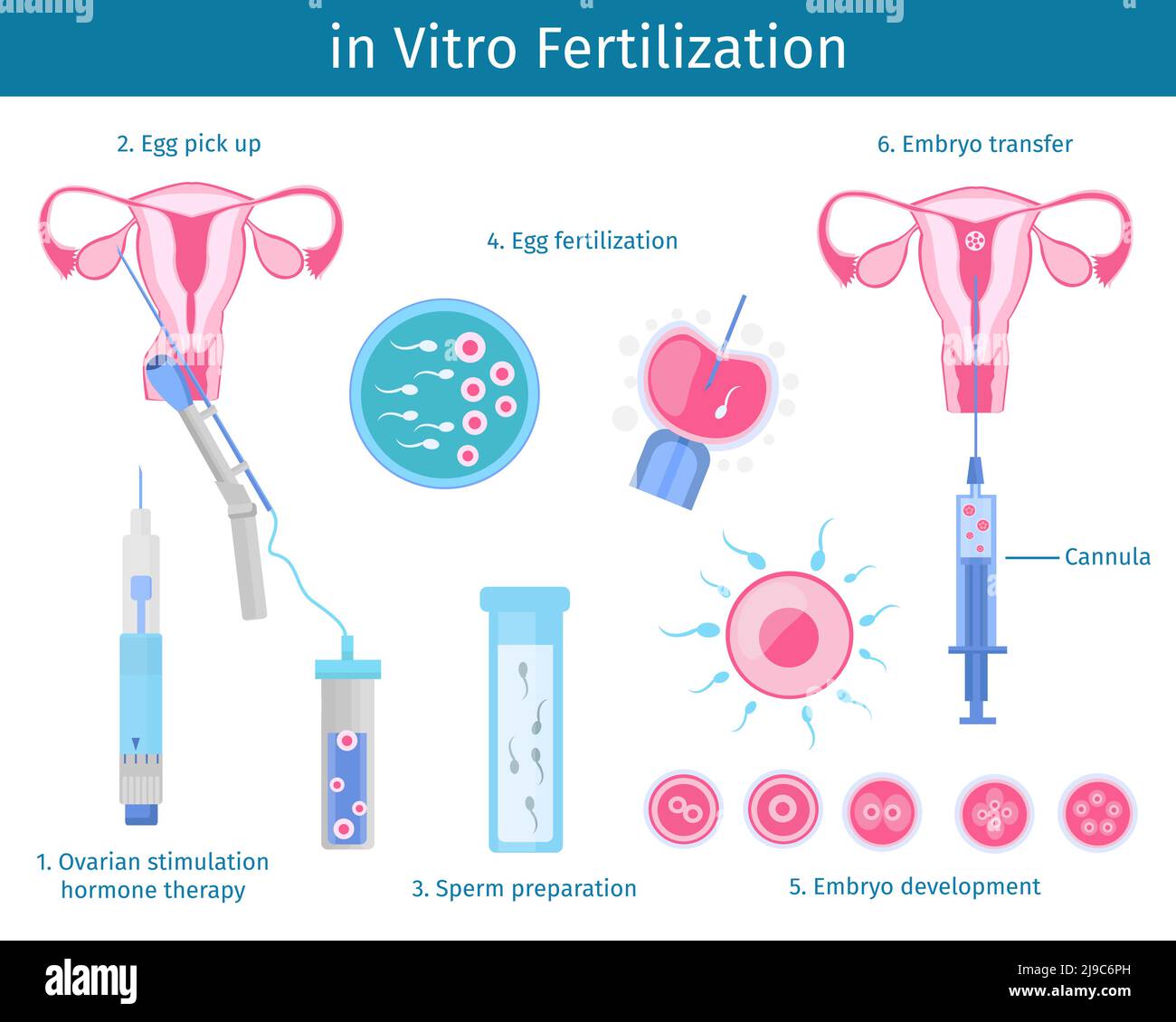
Privacy Peek: What Celebs and Fans Are Curious About
IVF’s not just for everyday folks—celebs do it too, and fans are obsessed! Chrissy Teigen’s been open about her IVF journey, sparking chats about how drugs affect your body and mind. Fans ask: “Does it hurt?” “Do you feel different?” She’s said it’s “not sexy” but worth it.
Another hush-hush topic? Some people secretly love the control IVF gives them—like planning a baby on their terms. It’s a power move not everyone admits!
Your IVF Drug Toolkit: Practical Advice to Crush It
Ready to tackle your cycle? Here’s your cheat sheet.
Daily Checklist
- ✔️ Take meds at the same time each day.
- ✔️ Sip water all day—aim for 8 glasses.
- ✔️ Rest when you’re tired—listen to your body.
- ✔️ Call your clinic with any weird symptoms.
Partner Support Ideas
- Mix the meds for you.
- Give you a pep talk before shots.
- Cook dinner when you’re wiped out.
Expert Quote: “Support from a partner or friend can cut stress in half during IVF. It’s a team effort,” says Dr. Rachel Kim, a fertility counselor.
The Future of IVF Drugs: What’s Coming?
What’s next? Scientists are dreaming big. Imagine drugs with zero side effects or ones you only take once a week. A 2025 trial from Nature Medicine is testing a new FSH booster that lasts longer in your system—fewer shots, same results. The goal? Make IVF easier, cheaper, and less of a rollercoaster.
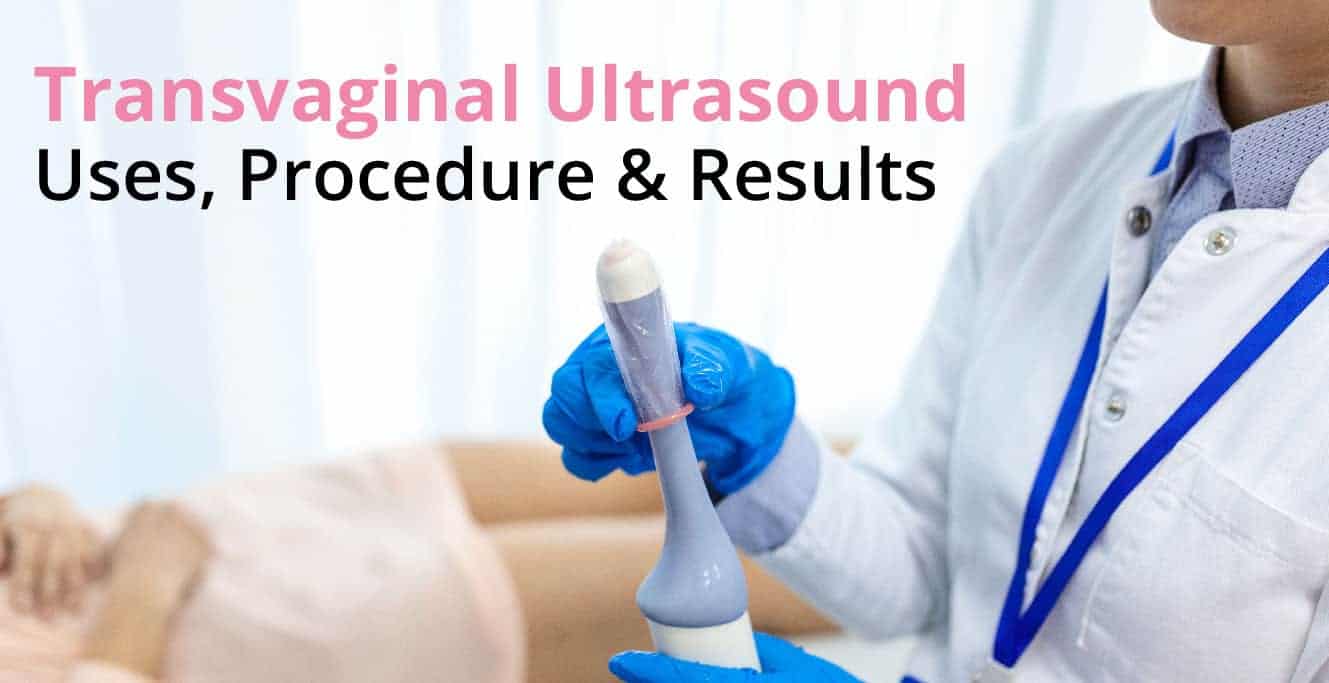
Let’s Chat: What’s Your IVF Drug Story?
Whew, we’ve covered a lot! From how IVF drugs work to the latest breakthroughs, you’re now in the know. But this isn’t just about facts—it’s about you. Have you tried IVF drugs? Got a tip or a funny story? Drop it in the comments—I’d love to hear! Or, if you’re just starting, what’s your biggest question? Let’s keep this conversation going.
Your journey’s unique, and you’re not alone. Whether it’s a needle phobia or a hope for the future, share it below. Who knows? Your words might inspire someone else!
